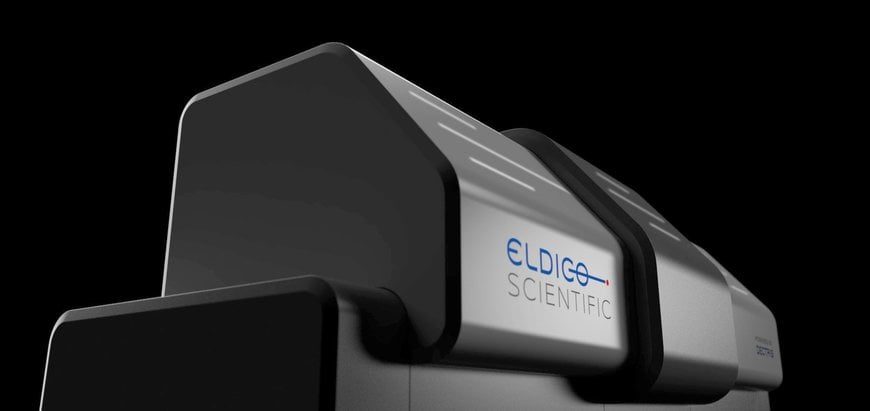electronics-journal.com
07
'22
Written on Modified on
The First Dedicated Electron Diffractometer – With QUADRO Inside – Soon in Operation!
Founded in 2019, ELDICO Scientific embarked on an ambitious journey: The company wants to make electron diffraction, a promising analytical technique for nano-scale research, easy and accessible to the industry and academia.

This February, ELDICO is about to put its first dedicated electron diffractometer into operation at Europe’s first electron diffraction platform hosted by the Switzerland Innovation Park Basel Area. Fun fact: the electron diffractometer is powered by a DECTRIS QUADRO hybrid-pixel detector, optimal for ED and microED applications.
Electron Diffraction (ED) is a promising technique for many industries (pharma, agriculture, energy, etc.) and academia. It allows for faster and easier structure determination of nano-scale compounds. However, it is not adequately accessible due to the lack of dedicated instrumentation. Up until now, ED was performed on modified Transmission Electron Microscopes (TEMs). It was a costly experimental setup that required well-trained scientists.
Today, a number of original equipment manufacturers (OEMs) work on dedicated hardware to answer the need of the scientific community. One such OEM is Swiss-based ELDICO Scientific which is about to put in operation its first electron diffractometer ELDICO ED-1 in Basel (Switzerland). The instrument will be installed in a dedicated laboratory at the Switzerland Innovation Park Basel Area this February. Operated by specialized staff, it will cater to the needs of industrial R&D and many scientists.
DECTRIS Inside
ELDICO ED-1 features a disruptive horizontal design and an innovative sample-handling mechanism that will help scientists obtain important structural information faster, with better quality, and at a lower cost. One of the key elements of the diffractometer is its noise-free hybrid-pixel electron detector, DECTRIS QUADRO. This extremely sensitive and fast electron-counting detector can withstand the direct diffraction beam due to its radiation hardness (no need for a beam stopper for 200 kV electrons). It is best-suited for any diffraction-based study.
DECTRIS is proud to be a part of the ELDICO ED-1. Our electron microscopy team congratulates ELDICO Scientific and is looking forward to the ground-breaking results obtained in Based using this dedicated electron diffractometer.
www.dectris.com

